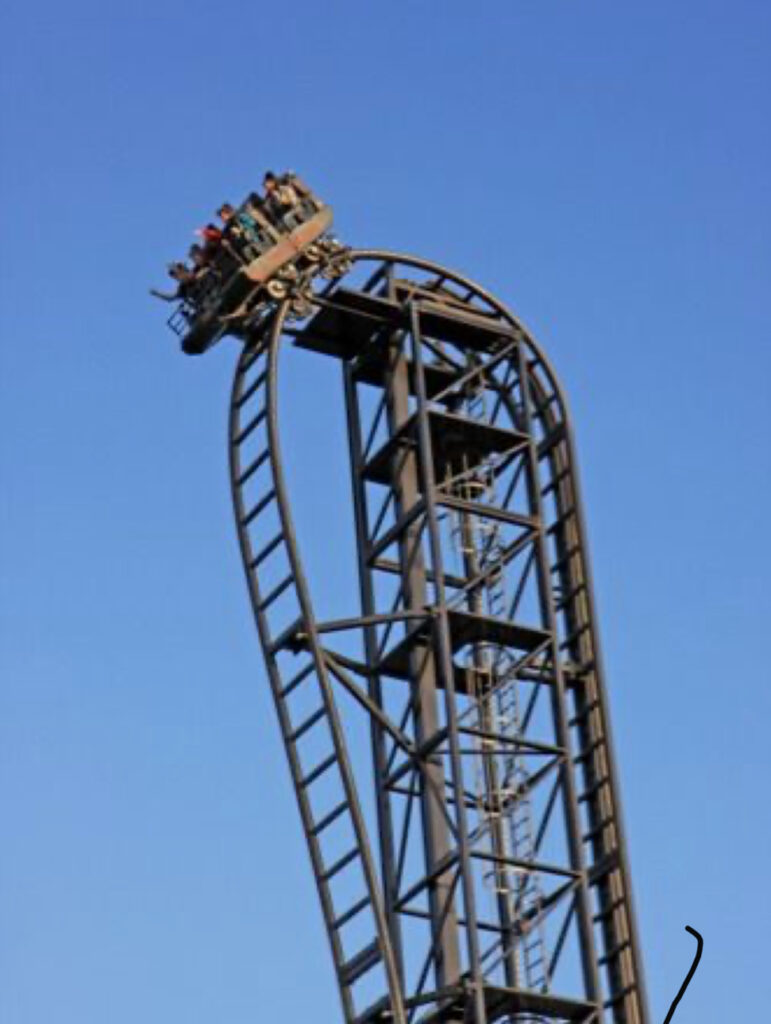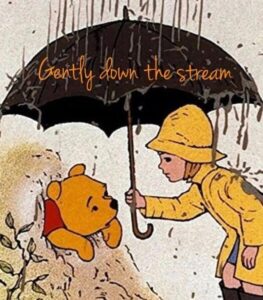Stress, stress and more stress

Stress that saves,
Stress that harms,
And the stress that we love.
Varied kinds of stresses surround us !
Day to day stresses
When people mention the term stress, they invariably imply chronic stress, the silent killer of modern, fast-paced life that wreaks havoc on your health.
In this post, let’s see how stress evolved, and know about a third kind of stress that people seem to enjoy.
Dichotomy of stress
The acute stress response is an adaptive mechanism designed to tide over any dangerous situations, which is, in fact, beneficial, a real-life saviour.
Chronic stress, an outcome of modern, fast-paced life, which placed humans under a state of continual anxiety and tension, that ultimately proved to be harmful to the body.
Chronology of stress
Stress response, a built-in adaption developed to overcome any acute challenges and threats, was later morphed into a sustained anticipated threat form by the evolving humans.
Acute stress explained
The acute stress response is an ancient adaptive mechanism found in mammals, birds, fish, and reptiles.
Biologists define acute stress response as an array of neural and endocrinological changes designed to get through any life-threatening crisis and reestablish homeostasis of the body.
Earlier life
Fleeing from the claws of the chasing predators posed a significant threat back then. To survive, animals, including humans, were endowed with a powerful physiological adaptive mechanism called the acute stress response.
All those animal planet channels have beautifully captured this run for life scenarios, which is an everyday occurrence in the wilderness. As far as modern humans are concerned, this acute stress response is rare happening; You don’t get chased by a rabid dog or snake that often but the physiological response is more or less the same.
Spot the dangers
Once the brain(amygdala )perceives dangerous or stressful stimuli, it initiates the stress response, that triggers the release of adrenaline -the fight or flight hormone and cortisol, which further mediates the events of acute stress.

Getting ready for fight or flight
Do or die, the body adapts to this crisis in the most efficient manner, the classical fight or flight response.
What is most essential here? Energy or fuel for your muscles that prepares the body for flight or fight. For that, copious amounts of glucose is brought into circulation. Furthermore, increased heart rate and blood pressure brought about by the rush of adrenaline, deliver the energy to the muscles, at a faster pace.
The hormones also enhance the cognitive abilities and sensory acuity, helping one to strategise the routes of escape.
Immune system and blood clotting is stimulated, a farsighted preparation of the body for recovering from a possible injury.
It cannot get any better
If you analyse, how rapidly the body reacts to an acute physical challenge, even before the mind registers what is going on. The subsequent body changes that come after; it is nothing less than marvellous adaptive physiology.
Modern stress
Humans, animals with advanced cognitive abilities evolved, became socially sophisticated and smarter in numerous ways. Along with humans, the kind of stress or threats from the surroundings also changed and morphed into a new pattern.
Life became riddled with deadlines, demands and mortgages. As a result of being in a continuous anxious, neurotic state with paranoia and worries, the body was put under the impression of constant anticipatory threats, without real danger.
Too long, too often activated stress
The stress hormones, which were meant to be produced during challenging conditions, were poured incessantly into the circulation. The stress response did not evolve to deal with such a situation.
Body repays
Individuals gradually became aware of its consequences when the body started showing the ill effects of sustained stress. The detrimental effects brought to the body are many, including hypertension, adult-onset diabetes, impaired immunity, diminished cognitive abilities, poor memory, headaches, ulcers, tense muscles, the list goes on and on.
Controlling the harmful stress
Most of us experience anxieties and difficulties from time to time.
You may not be able to eliminate the stress factors associated with the high demanding jobs and lives that you are part of. Maybe one can limit its damaging consequences to some extent by consciously incorporating lifestyle changes and adopting better attitudes towards challenges.
De-stressing domain has grown into a flourishing independent industry,
Did people miss stress?
No one wishes to have ulcers and get headaches arising out of the chronic stress of modernity, nor do they love to be chased by a rabid dog.
But humans started missing something, amid little frustration of everyday life, they noticed that the complete absence of stress is boring!
Old habits die hard
They say some of the human characteristics can be traced back to the behaviour of the primates in the wilderness. Humans started to miss the fear and thrill of being chased by the predators that culminated in the surge of the hormones, meanwhile, disliked the idea of real threat and uncertainty associated with it.
Adventure tales
What about the mild and transient adrenaline rush that happens in benevolent context and with control? That reckoning resulted in the advent of theme parks and adventurous sports that promised to deliver the much-craved thrill of adventure.
For the love of Adrenaline

People were queueing up, willing to pay, to experience the quick adrenaline storm that made them feel alive, liberating from the fear and frustration of daily lives. The adventurous sports and recreations hence became prevalent in society.
Stress people love
People loved the optimal amount of stress, keeping them engaged, engrossed and challenged and stimulated enough for the hormones to pour in accelerating the heart and pumping energy, in the absence of real life-threatening circumstances.
Surprise me
To be challenged by the unexpected twist turns. That drop in your stomach you get on the roller coaster tracks, the terrified what comes next feeling during the freefall of skydiving, the butterfly feeling and screaming during the bungee jumping, all boosted the release of adrenaline and dopamine, that made people giddy with exhilaration.
However scary or terrifying it appears to the spectators, the final experiences people share is often that of an indescribable feeling of conquering fears, or as liberating or reclaiming their lives once again.
One person’s fun, another’s nightmare
To the faint-hearted, who can not even survive watching a scary movie, these kinds of expeditions would prove to be a nightmarish experience. But a good percentage of the public enjoys it, and some even recommend this kind of adventurous sports as a therapy for conquering fears.
Staying alive
What are your weekend plans? Taking a break from the demanding life and planning to de-stress or thinking of procuring a dose of adrenaline?





